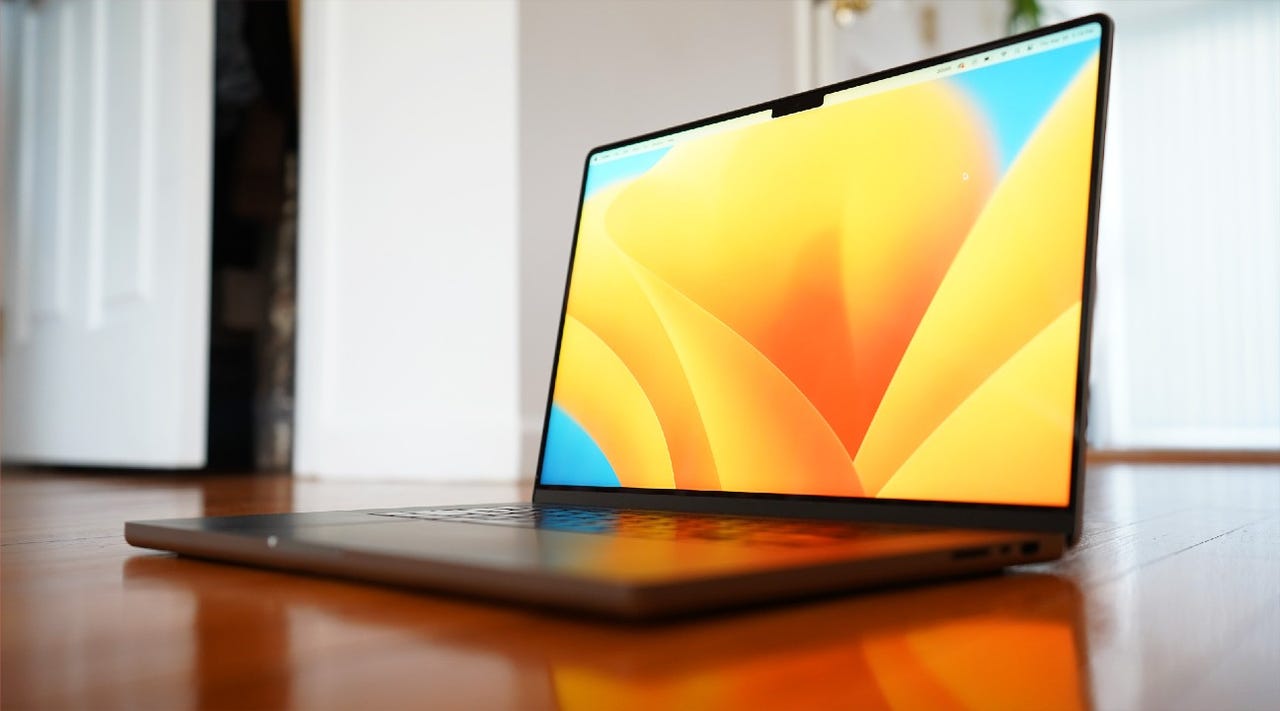Mix and match MacBook Pro? Patent suggests a modular future for Apple's laptop

A new patent suggests that Apple is exploring how to create a modular version of the MacBook Pro. According to an Apple Insider report, a modular MacBook would go well beyond the upgradeable components of the Mac Pro. Rather than offering internal hardware modularity, the MacBook's keyboard, trackpad, and display -- as well as the hinges that connect these pieces -- would be interchangeable.
Also: Buying a used Mac laptop: How to avoid scams and find the best deals
The patent describes how the base of a computing device can support multiple electrical devices, such as displays or keyboards, via magnet attachment.
Apple Insider notes that this design resembles what Microsoft did with its Surface products to create devices that can function as both tablets and laptops.
Typically, modular devices can benefit consumers and companies alike. For the company, modular hardware components like keyboards and displays correlate to consumers buying multiple parts. For consumers, the benefit can be an easier, less expensive replacement: When a single hardware component breaks, Users can replace only that part instead of the entire system.
But Apple's patent suggests that this line of thinking may not be at the forefront of Apple's ambitions. The patent explains that people use tablets, laptops, and desktops to fulfill specific computing needs, but a modular MacBook could be a singular device that fulfills every need provided by those three form factors.
Also: The best Chromebooks for back-to-school 2023: Expert tested and reviewed
"While each of these types of computing devices effectively provides a quality user experience in particular environments," the patent states. "It can be desirable to be able to reconfigure these devices to operate effectively in a broad spectrum of applications in various environments."
Does Apple intend to create a single personal computing product that can provide all the functions associated with tablets, laptops, and desktops?
Of course, snagging a patent doesn't mean that such an Apple product will hit the market anytime soon – if ever. But, it's interesting to see Apple play around with customizable hardware, something the company has not traditionally done with its flagship products.
Also: The best laptops: Compare Apple's newest MacBook Air, the Acer Aspire 3, and more
